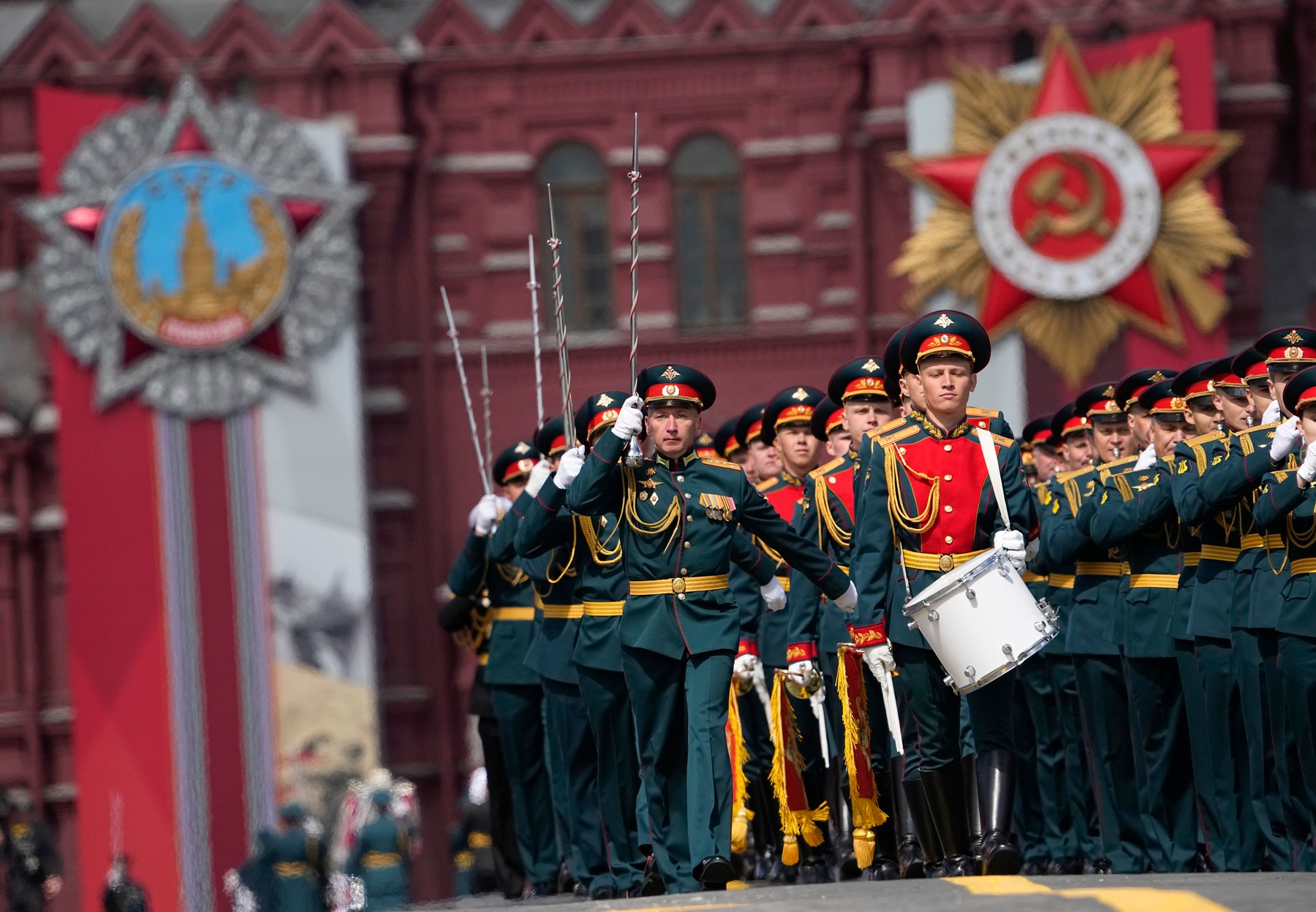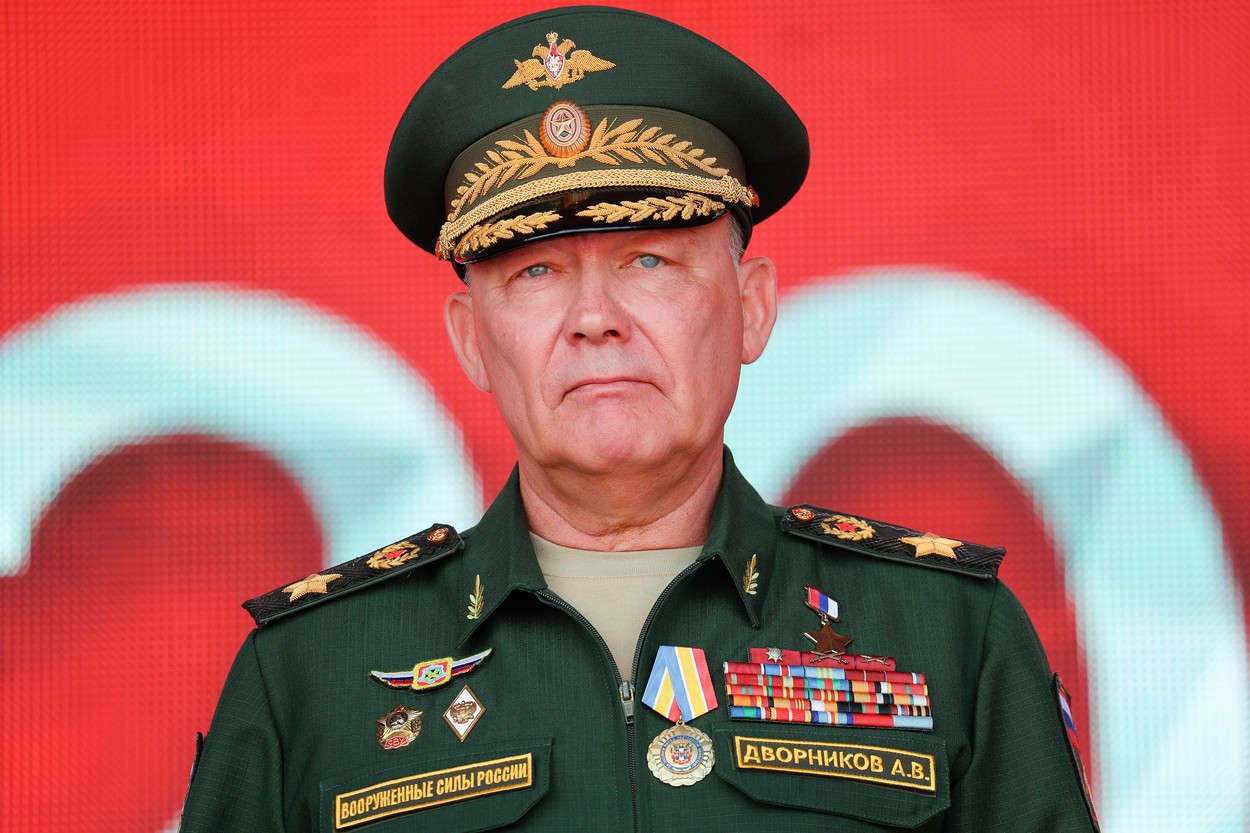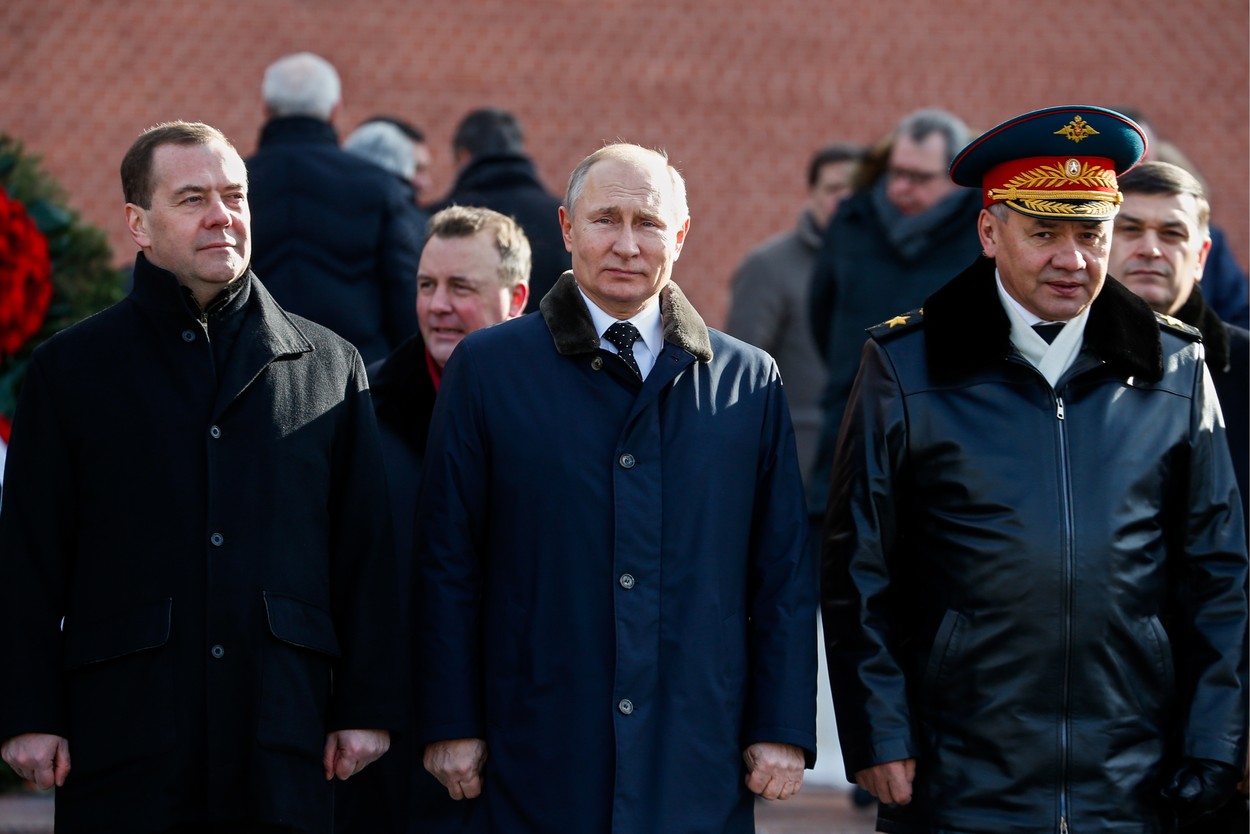
A series of complaints filed by Russian prosecutors and obtained by Russian investigative journalists reveal how Russian President Vladimir Putin’s war machine operates: forced corporate disclosures, special forces musicians and widespread deception.
Military analyst and independent researcher Chris Owen summarizes the investigation published by The Insider journalists, noting on his Twitter that the documents offer a very interesting insight into the experiences of the Russian soldiers Vladimir Putin sent to Ukraine on February 24 and in the months that followed.
The girlfriend of Russian paratrooper Anatoliy Mykolayovych Taimanova wrote that the military leadership informed about his death during the hostilities that took place in the city of Gostomel near Kyiv on March 9.
Here the Russians suffered their first major defeat in Ukraine, the failure of the Russian Airborne Forces to seize the local airport decisively contributed to their inability to quickly occupy the Ukrainian capital.
The Russian military leadership said that Taimanov died after burning up during combat operations, as the problems of the Russian Air Force (VVD) with their combat vehicles are already well known. Even the director of the Center for Strategic Analysis, a Moscow-based think tank close to the Russian Ministry of Defense, called the Russian Airborne Forces a kind of “poor man’s infantry” in a recent interview.
“Their aluminum armored vehicles are generally easy to hit, and they have fewer other weapons than motorized infantry,” Ruslan Pukhov explained.
Taimanov’s family received the body for burial on April 15. But the fighter’s girlfriend doubted that it was actually his. She saw how the Ukrainians captured him and wanted to check the information. But the parachutist’s parents did not want to help her “because they are satisfied with monetary compensation,” as she wrote in the complaint submitted to the Russian prosecutor’s office.
The situation may seem hallucinatory, but it is somewhat reminiscent of a report by a Russian TV channel in July, which talked about the advantages of parents who lose their sons in Ukraine.
The report included an interview with a father who lost his son during a “special operation” ordered by Putin, who told how he bought a new Lada with money received from the authorities. The authors of the report then explain that the new Lada was bought with “what some people call ‘coffin money’, but it is officially a fixed amount for the family of the deceased”.

The military band at the Victory Day parade on Red Square (PHOTO: Oleksandr Zemlianichenko / AP – The Associated Press / Profimedia Images)
Instrumentalists joined the elite forces of the Russian army
Many of the complaints registered by the Russian prosecutor’s office relate to situations where military personnel who served in Russia complained that they were illegally sent to fight in Ukraine. Russian legislation states that conscripts cannot be sent to conflict zones.
In addition, they often complained that they had to fight in terrible conditions without enough food and equipment.
Recruits have filed several complaints alleging they were forced to sign professional contracts. “Please help bring our children home alive because they did not voluntarily agree to serve under the contract and ended up there [în Ucraina] by deception,” one of the parents wrote in the complaint.
“They (commanders) took away the military documents of the entire unit and wrote in them that they were contract workers,” he also accused.
According to documents from the Russian prosecutor’s office, his son “reported that for unknown reasons some of them were fraudulently forced to sign the contract, explaining that it was necessary for field exercises.”
Another new recruit, Oleksandr Vasilievich Dmitriev, asked to sign a contract in the military orchestra of the army, being a graduate of the conservatory. But in February 2022, he was offered a contract as an infantryman. Dmitriev says he signed him because he was told he would have two weeks of field training before being transferred to the orchestra.
He fought in Ukraine, was included in the Air Force of the Russian Federation. His parents have not heard from him since February 24, the first day of the invasion.
In its assessment of the war, published on May 16, the US Institute for the Study of War called the “distortion” of the airborne forces, with differently trained soldiers and mercenaries of the Wagner group, shocking.

General Oleksandr Dvornikov, the “killer of Aleppo”, is believed to have commanded the invasion forces from April to June (PHOTO: Eric Romanenko / TASS / Profimedia)
Threats and beatings, part of the Russian military machine
Another father complained that they were “violating the rights of servicemen by forcing them to sign contracts fraudulently,” citing as an example his own son who was persuaded to sign a contract based on distortions of military statutes.
“According to some parents who contacted their sons, the command refuses to release the new recruits, forcing them to sign contracts, explaining to them ‘you won’t be released anyway.’ But if you sign contracts, you will at least get money,” another father wrote in the complaint.
But others did not even sign the contracts, according to other complaints. One of them claims that a day before the start of the invasion, some of the new recruits were taken to the town of Valuyki in the Belgorod region, which borders Ukraine. They were told that they were “contract workers”, contract servicemen, although none of them signed documents to that effect.
The 18-year-old soldier told his mother that he refused to sign the contract, but the woman wrote in the complaint that after that she spoke with the commander of the unit, “who forced my son to sign the contract, convinced him by deception, promised him.” so that he does not send him to the front.
Another woman told the military prosecutor that “my nephew’s friend came back wounded and told how the recruits were beaten by commanders who forced them to sign contracts.”
“I have information that my son’s commander does not let recruits go and threatens them with a trial for desertion. In the military unit, everyone knows about it, children are forced to sign contracts or forge signatures,” says another complaint.

Even the professional military of Moscow did not live up to expectations (PHOTO: Dreamstime)
Professional servicemen are prohibited from leaving the armed forces
Professional soldiers who volunteered to serve in the Russian armed forces, in turn, found that the military was unwilling to accept their resignation. One of them complained:
“On January 15, we were informed that we would be sent to Syria for training on board a ship. Instead, they tricked us into sending us to Ukraine without asking if we wanted to participate in a special operation. From the first days, my brigade was on the front line, in a firing position. I lost all my close friends in the fighting.”
“I am in a psychological state of depression. I am 21 years old and I really want to LIVE. My commander refuses to accept my report. What should I do in this situation,” the soldier asks in his complaint to the military prosecutor’s office.
Another case: a woman complained that her fiance, a professional soldier, was not being let go, even though his contract was coming to an end.
“How is it possible for a person whose contract is expiring to be taken to Ukraine directly from the RAS? He has been in prison for a month, he wants to get out at any cost, and he is told that he will be hanged with all the papers if he tries to do it. What kind of barbaric actions are these?” she wrote.
The threat of imprisonment was also applied to some soldiers in the Leningrad Region.
“Fighters of military unit 02511 from the Leningrad region are forcibly sent to fight in Ukraine under the threat of imprisonment. Please investigate the situation as soon as possible,” said another complaint.

Vladimir Putin hesitates with the decree on general mobilization in Russia (PHOTO: Dmytro Astakhov / TASS / Profimedia)
They are trying to expel part of the Russian military from the army
But even those soldiers who went to war of their own free will found themselves in a situation where they fight continuously, without rotating their units to the front.
“They have fulfilled their initial task. Currently, they are ordered to appear or face criminal charges. But they have nothing to advance, they have lost equipment, they have lost personnel, there is little left, they have nothing to carry out the order,” says the complaint, which was sent to the 488th motorized rifle regiment.
Another situation is professional soldiers who deliberately tried to expel them from the army, violating the terms of the contract, refusing to report for duty or even posting information about themselves and their unit on social networks.
“I have repeatedly stated my unwillingness to serve in the Armed Forces of Russia. I was deliberately absent from my position, and also demanded my dismissal due to non-fulfillment of the terms of the contract. I see inaction and complete indifference towards me on the part of the military unit to which I belong,” said the soldier himself.
“I am asking for help in solving this issue – my dismissal due to my failure to fulfill the terms of the contract,” he appealed to the Russian military prosecutor’s office.
So far, the only evidence that these complaints have been investigated is the military prosecutor’s announcement in June that more than 10 officers were punished for illegally sending recruits to Ukraine.
Follow the latest events of the 169th day of the war in Ukraine LIVETEXT on HOTNEWS.RO.
Source: Hot News RU
James Springer is a renowned author and opinion writer, known for his bold and thought-provoking articles on a wide range of topics. He currently works as a writer at 247 news reel, where he uses his unique voice and sharp wit to offer fresh perspectives on current events. His articles are widely read and shared and has earned him a reputation as a talented and insightful writer.